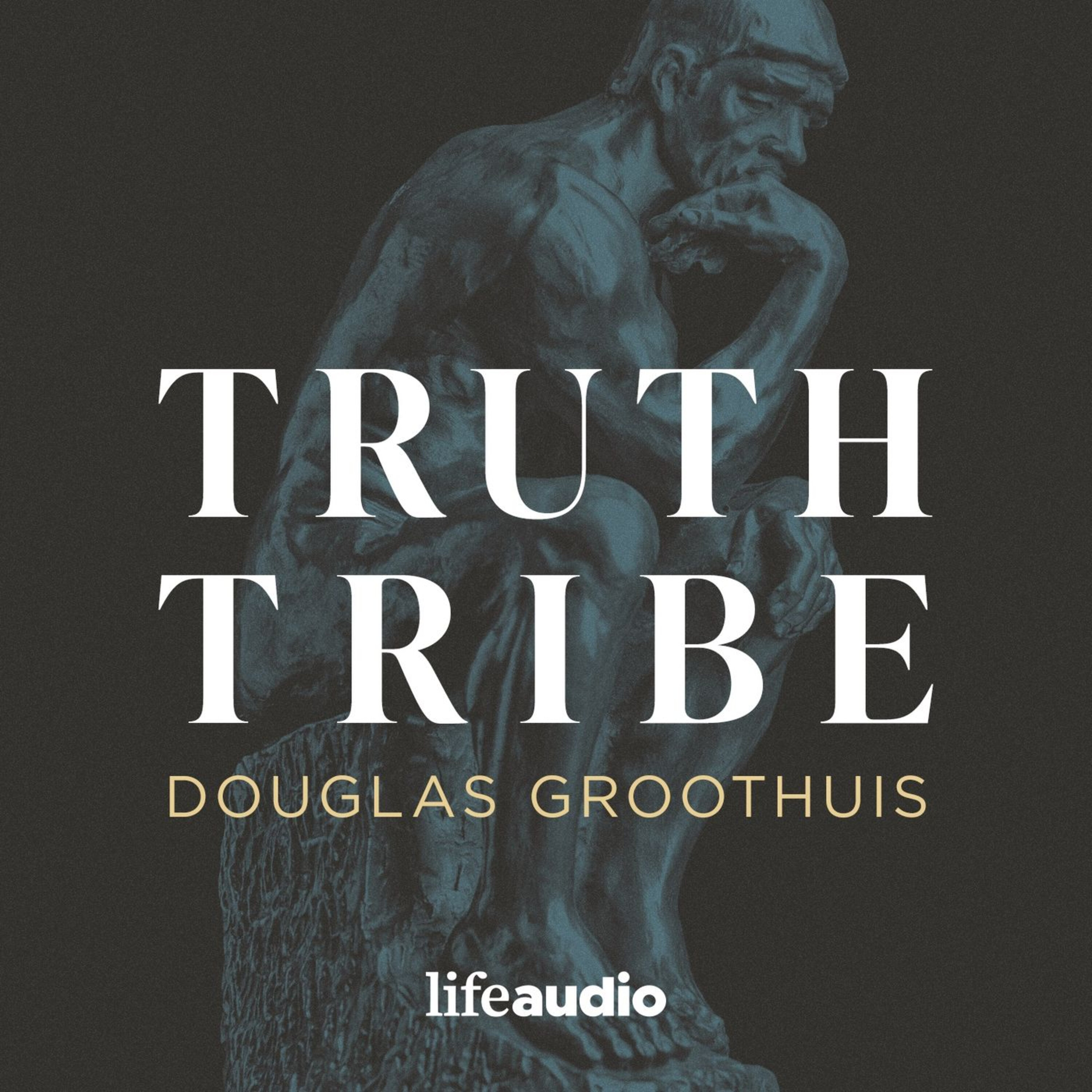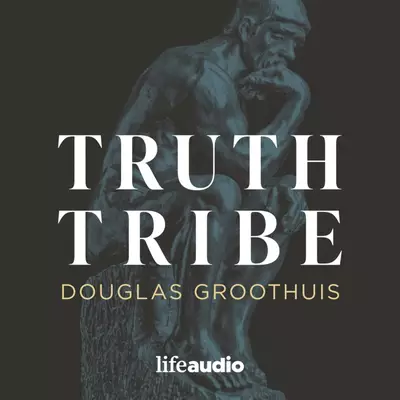How to Defend Your Faith: Developing Your Apologetic Method
Come let us reason together, says the Lord—Isaiah 1:18
I. The Imperative to Do Apologetics
A. Defend Christianity as objective true, compellingly rational, and existentially pertinent to all of life (1 Peter 3:15)
B. Consider apologetic method, but don’t fixate on it. Know your epistemology!
C. Fideism: defense by not engaging in the battle
1. Cannot dispense with logic and keep your head
2. Scripture challenges us to engage apologetically (chapter 2)
3. History is replete with good apologists: Augustine, Anselm, Aquinas, Pascal, C.S. Lewis, etc.
D. Take it to the streets: apologetics without works is dead (James 2)
II. The Laws of Logic
A. God and logic (John 1:1-2)
B. Noncontradiction: A cannot be non-A
1. To deny it, is to affirm it: “The law is false.”
2. Light-particle duality (physics) does not break it
3. Existential conflict is not a violation of the law
C. Excluded middle: Either A or non-A
1. Jesus is Lord or not
2. Buddha was enlightened or not
3. Things being “gray” does not refute excluded middle
D. Bivalence: statements are true or false; not neither, not both
What if sentences have many meanings? That is a matter of interpretation (epistemology), not truth or falsity
E. Identity: A=A
1. Used to refute physicalism about mind and brain (more in chapter 17)
2. “I’m not myself today” does not break it
F. Forms of argument: induction, deduction, abduction (best explanation); logical fallacies (ad hominem, circular reasoning, false dichotomy, etc.)
III. Worldview Hypothesis Evaluation
A. Christianity as a hypothesis or worldview
B. Build a cumulative case using many lines of argument
1. Biblical basis for apologetics
2. Objective truth is real and knowable
3. Explain the Christian worldview
4. Theistic arguments: cosmological, design, moral, ontological, religious experience
5. Reliability of the Bible
6. Identity of Jesus Christ: claims, credentials, achievements
C. Present the case carefully, point by point
1. Know the Christian worldview (chapter 4)
2. Know what the worldview rivals are: live hypotheses
3. Know the plausibility structure of your culture (Peter Berger, A Rumor of Angels)
4. Present Christian worldview as intellectually superior to other by testing it according to rational, objective criteria
5. Do not make the criteria internal to Christianity; if so, no apologetics is possible, because you can have no common ground.
D. Constructive or positive apologetics: Arguments in support of Christian theism
E. Two kinds of negative apologetics
1. Rebut, defeat attacks on Christianity
2. Show the rational weaknesses in other worldviews
IV. Criteria for Worldview Evaluation: Play Fair, Play Smart
A. This is epistemology: our philosophy of knowledge
1. Truth: correspondence view
2. Knowledge: justified true belief (internalism)
B. Criteria are applied in other areas of life and are intuitively credible
C. The eight criteria for worldview assessment (pages 53-60)
1. Should explain things adequately without excessive opacity
2. Internal logical consistency
3. Coherence: the web of beliefs is consistent
4. Factual adequacy: history, science, human experience
5. Existential viability (not pragmatic theory of truth; see chapter 6)
6. Intellectual, cultural fecundity (fruitfulness)
7. No radical ad hoc adjustment of the worldview
8. Simpler explanations are preferred to complex ones, all things being equal
V. The Limits of Apologetics
A. Bible itself can be difficult to explain and defend; be patient; study well
Bear in mind that our Lord’s patience means salvation, just as our dear brother Paul also wrote you with the wisdom that God gave him. He writes the same way in all his letters, speaking in them of these matters. His letters contain some things that are hard to understand, which ignorant and unstable people distort, as they do the other Scriptures, to their own destruction—2 Peter 3:15-16
B. Our weaknesses as sinners: we may hold the truth poorly
Watch your life and doctrine closely. Persevere in them, because if you do, you will save both yourself and your hearers—1 Timothy 4:16.
C. God’s providence may convert people with or without the kind of apologetics we can offer
Resources
1. Kenneth Boa, Robert Bowman, Faith Has it’s Reasons, 2nd ed. (InterVarsity Press, 2006).
2. Steven Cowan, ed., Five Views of Apologetics (Zondervan, 2000).
3. Douglas Groothuis, Christian Apologetics: A Comprehensive Case



Website: https://www.DouglasGroothuis.com
